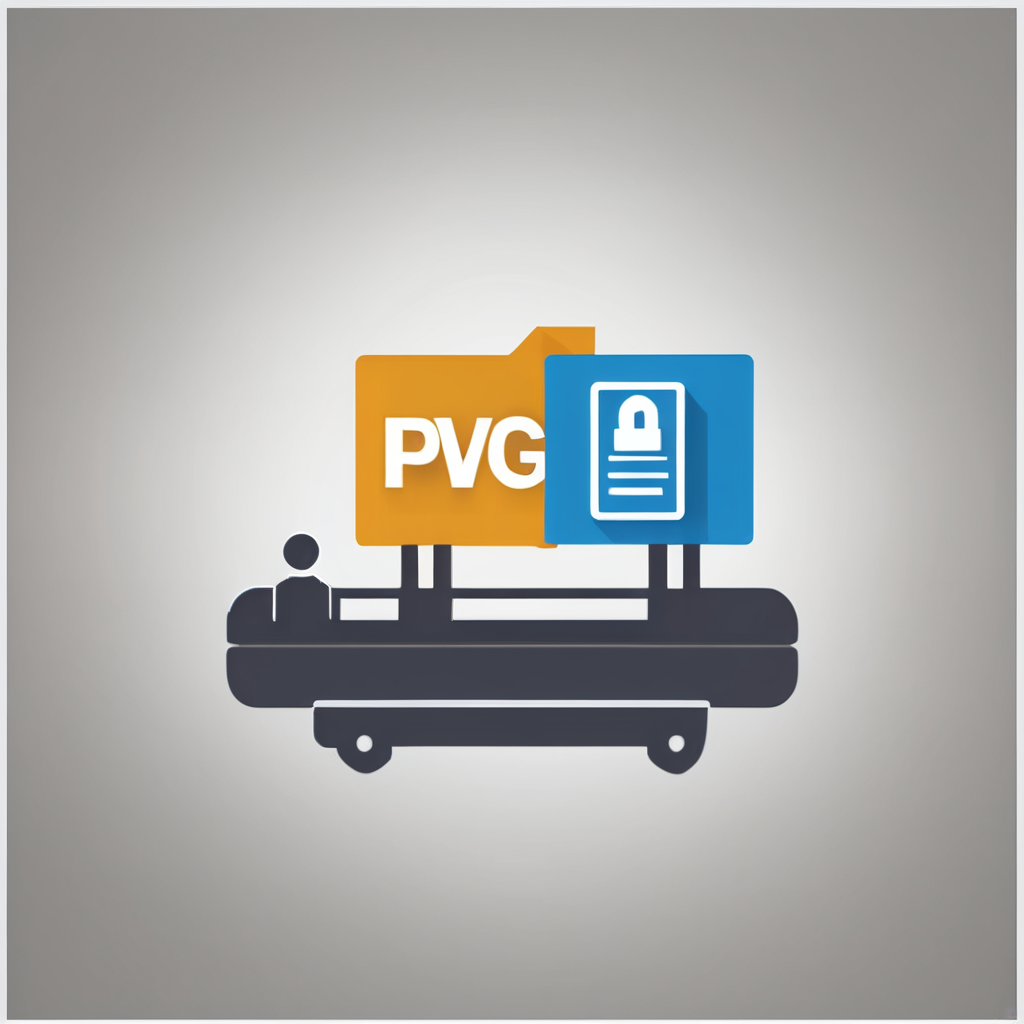Technology as a Catalyst for UK Business Growth
Technology in UK business has become a pivotal driver of business expansion UK. Companies embracing digital transformation are rapidly reshaping their operational models to enhance efficiency and reach broader markets. This wave of change is more than just adopting new tools; it’s about integrating technology strategically to foster innovation and agility.
Current digital transformation trends impacting UK companies include the widespread adoption of cloud computing, advanced data analytics, and automation. These trends allow businesses to streamline workflows, reduce costs, and deliver personalized customer experiences. For example, cloud platforms offer scalable resources that support business growth without the need for heavy upfront investments.
Also to read : Mastering the maze: uk business strategies for thriving amid regulatory shifts
Experts emphasize that leveraging technology effectively provides significant competitive advantages in the UK market. Firms that invest in digital capabilities often see faster time-to-market and stronger customer engagement, enabling them to outpace rivals. Moreover, technology enables access to global markets, which helps even small businesses scale quickly.
Investing in technology in UK business is no longer optional; it is essential to remain relevant and competitive. Companies that integrate digital solutions thoughtfully position themselves for sustained growth and can better respond to evolving market demands.
In the same genre : How uk businesses innovate to overcome supply chain disruptions
Key Technologies Driving Change
In the UK, artificial intelligence is transforming how businesses operate. Companies increasingly integrate AI and machine learning to automate routine tasks, enhance decision-making, and improve customer experiences. This adoption allows firms to stay competitive amidst rapidly evolving technological trends UK. For example, retail and finance sectors use AI to analyze data and tailor services effectively.
Cloud computing plays a crucial role by offering scalable infrastructure. It supports remote operations and flexible work environments, which became essential during recent shifts toward telecommuting. Cloud platforms enable organisations to deploy resources on-demand, reducing costs and improving agility.
Automation, often powered by AI and cloud systems, drives efficiency across industries like manufacturing and logistics. Automating repetitive processes reduces human error and frees up staff to focus on innovation.
Integrating these technologies delivers numerous benefits:
- Streamlined operations with faster turnaround times
- Enhanced data accessibility and security
- Improved capacity to scale without heavy upfront investments
The strategic use of digital tools helps UK businesses adapt to global challenges while fostering continuous growth. Embracing technological trends UK ensures organisations stay ahead in a competitive landscape.
Real-World Examples: Technology in Action
Exploring UK business case studies reveals how technology drives expansion and innovation. One compelling example is a London-based fintech startup that leveraged AI-powered analytics to optimize customer credit scoring, resulting in a 40% growth in their user base within a year. This success illustrates the tangible impact digital tools have on agility and customer insights.
Established firms also showcase transformation through technology adoption. A manufacturing company in the Midlands integrated IoT sensors and predictive maintenance, reducing downtime by 30% and cutting operational costs significantly. This innovation underlines how digital solutions can revitalize traditional sectors.
Several success stories emphasize adaptability and a willingness to invest in new technology. For businesses aiming to replicate this, the key lessons include focusing on scalable digital infrastructure, prioritizing data-driven decision-making, and fostering a culture open to change.
Innovation in the UK business environment is not limited to startups; it spans across industries and company sizes. Observing these real-world examples offers valuable insights. Leveraging technology is no longer optional—it’s critical for growth and competitiveness in the modern market.
Expanding Access to Global Markets
E-commerce UK platforms have revolutionized global trade by simplifying how businesses connect with international customers. These online marketplaces break down traditional barriers such as geographical distance, high costs, and complex logistics. For UK companies, this means easier entry into global markets without the need for a physical presence abroad.
How does technology lower barriers for UK businesses? Advanced tools streamline tasks like currency conversion, language translation, and customs documentation. This reduces friction and makes exporters more competitive. Additionally, integrated payment systems boost buyer trust, encouraging purchases across borders.
Digital exports from UK businesses have seen significant growth as a result. Small and medium-sized enterprises (SMEs) in particular benefit by listing products on large platforms, expanding their audience and accelerating export growth. The convenience of reaching customers worldwide has helped many firms diversify revenue and stabilize income streams.
Online marketplaces also provide valuable analytics, enabling sellers to adapt strategies in real time based on buyer behavior in different countries. This adaptability nurtures long-term success in global trade.
UK companies looking to seize these opportunities should explore established e-commerce UK platforms. Leveraging technology smartly is key to turning local products into global successes.
Improving Productivity and Operational Efficiency
Digital transformation is driving a significant boost in business productivity UK, with process automation at its core. UK firms adopting automation technologies report notable reductions in manual tasks, allowing employees to focus on higher-value work. This shift results in measurable efficiency gains as workflows become streamlined and less prone to human error.
Process automation—ranging from simple repetitive tasks to complex decision-making—helps businesses cut operational costs. By replacing time-consuming procedures with automated systems, organizations achieve faster turnaround times and reduce labor expenses. The impact on cost efficiencies can be substantial, improving profit margins across industries.
Data from UK enterprises highlight the benefits of technology adoption: many have observed productivity uplifts exceeding 20%, alongside decreased operational bottlenecks. These efficiency gains translate into competitive advantages, enabling quicker service delivery and scalable growth.
Embracing process automation not only delivers financial benefits but also fosters employee satisfaction by removing monotonous duties. As UK companies continue exploring such digital tools, the convergence of business productivity UK, cost efficiencies, and automation promises sustained operational improvements.
For businesses uncertain about where to start, exploring practical automation solutions tailored to specific workflows can unlock immediate results. Understanding how these measures directly enhance business productivity UK is key to driving growth in today’s competitive markets.
Expert Perspectives and Data-Driven Insights
Industry expert insights consistently affirm that technology is reshaping the UK business landscape. Experts highlight how digital transformation drives productivity and innovation across sectors. This momentum fuels a competitive edge, enabling UK companies to adapt quickly and capture new markets.
Business statistics in the UK reveal striking growth patterns linked to technological adoption. For example, firms integrating advanced digital tools report significant improvements in operational efficiency and customer engagement. This statistical evidence underscores technology’s direct correlation with enhanced business performance.
Market analysis further confirms that technology investment is a critical factor in sustaining UK competitiveness. By leveraging data analytics, artificial intelligence, and automation, businesses gain valuable insights that inform strategic decisions. This approach allows for more agile responses to market shifts and customer demands, positioning UK companies ahead on the global stage.
Together, these expert opinions, business statistics, and market analysis portray a clear narrative: embracing technology is not optional but essential for thriving in today’s dynamic UK business environment. For companies seeking practical guidance on harnessing technology’s full potential, exploring tailored digital strategies can pave the way for sustained growth and innovation.







